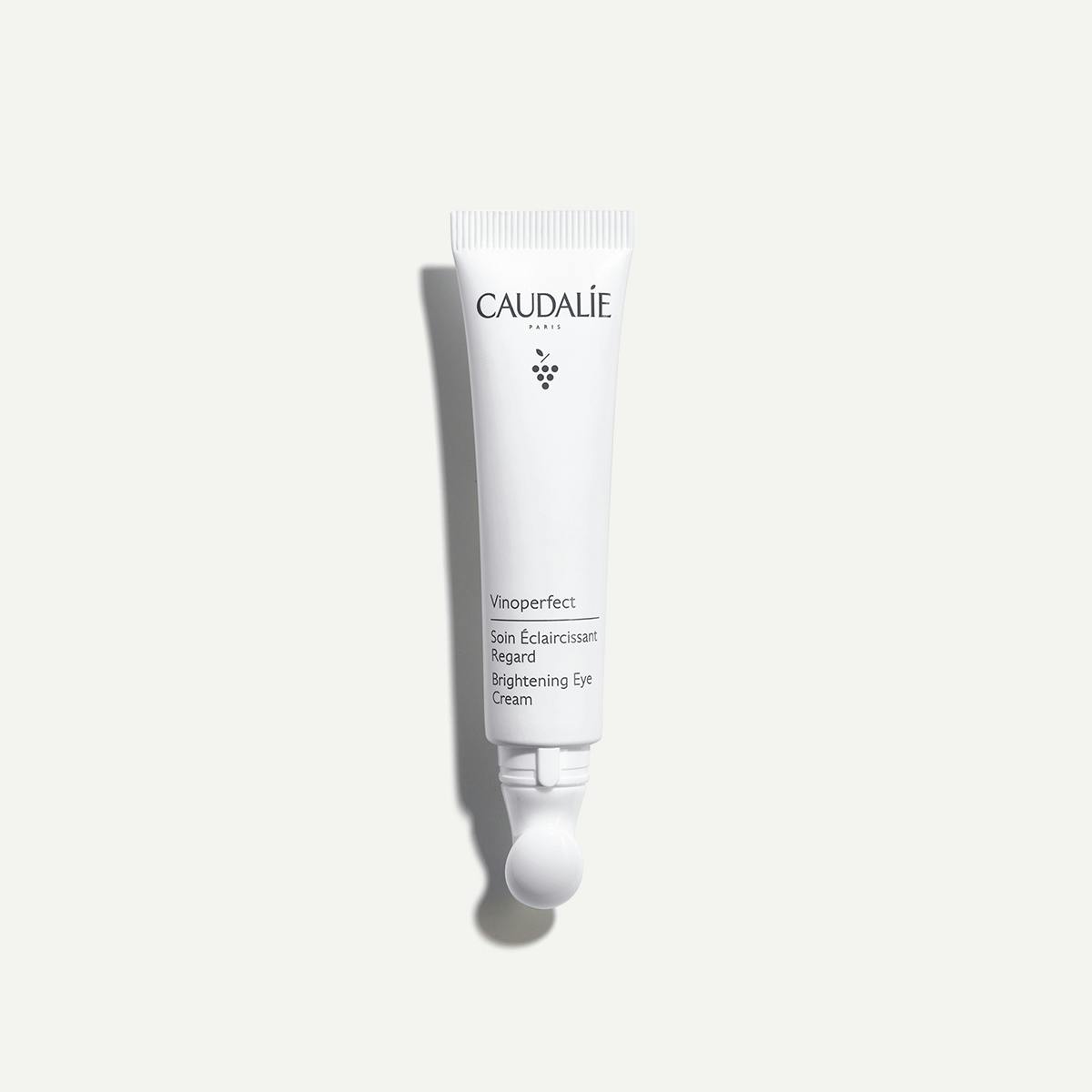Daily Insights Hub
Your go-to source for the latest trends and insights.
Can Eye Cream Really Turn Back Time?
Discover the truth behind eye cream's anti-aging claims and if it can truly turn back time for your skin in our latest blog post!
The Science Behind Eye Cream: Can it Really Reverse Aging?
The use of eye cream has become a staple in many skincare routines, but the science behind eye cream raises questions about its effectiveness in reversing aging. Formulated with specific active ingredients, these creams often target common signs of aging such as fine lines, puffiness, and dark circles. Ingredients like peptides, hyaluronic acid, and retinol work to stimulate collagen production, enhance hydration, and promote skin elasticity. While some studies suggest that these ingredients can lead to visible improvements, the extent to which eye creams can actually reverse the aging process is still debated among dermatologists.
It is important to acknowledge that while eye creams can provide temporary solutions and improvements in the skin's appearance, they cannot entirely halt the natural aging process. Factors such as genetics, lifestyle, and sun exposure play significant roles in how our skin ages. To achieve the best results, it is often recommended to use eye cream as part of a broader skincare regimen that includes sun protection, a balanced diet, and healthy hydration. Ultimately, eye creams can help maintain a youthful look, but they should be viewed as complementary to a holistic approach to skincare rather than a miracle solution for aging.

Top Ingredients in Eye Creams That Promise to Turn Back Time
When it comes to combating the signs of aging, eye creams often incorporate several key ingredients known for their rejuvenating effects. One of the most popular ingredients is retinol, a vitamin A derivative that enhances cell turnover and stimulates collagen production, leading to firmer, smoother skin. Another effective component is peptides, which are short chains of amino acids that help to rebuild and repair skin by promoting elasticity and resilience. Lastly, hyaluronic acid is a superstar moisture-retainer that plumps the skin and reduces the appearance of fine lines and wrinkles, making it a must-have in any anti-aging regimen.
Additionally, natural extracts such as caffeine are increasingly found in eye creams for their ability to diminish puffiness and dark circles. Caffeine works by constricting blood vessels and reducing excess fluid around the eyes, resulting in a more awake appearance. Another noteworthy ingredient is niacinamide, a form of vitamin B3 that improves skin barrier function and brightens the complexion. Incorporating these powerful ingredients into your skincare routine not only nourishes the delicate eye area but also promises a more youthful and vibrant look.
Do Eye Creams Live Up to the Hype? Expert Opinions and User Reviews
The world of skincare is flooded with products claiming to combat signs of aging, puffiness, and dark circles. Among these, eye creams have become a staple in many routines, but do they truly live up to the hype? According to dermatologists, eye creams can be effective if they contain potent ingredients like retinol, peptides, and hyaluronic acid, which have been shown to improve skin texture and tone. However, experts also caution that some products are overpriced and may not deliver results that justify their claims. A consistent skincare regimen, combined with lifestyle factors such as hydration and sleep, significantly impacts the area around the eyes.
User reviews can often paint a varied picture of eye creams effectiveness. While many users report visible improvements in puffiness and fine lines, some feel disappointed when the results do not meet their expectations. It's important to remember that individual skin types and concerns play a crucial role in how these products perform. Before investing in an eye cream, potential buyers should consider reviews carefully, looking for products that highlight more than just marketing claims and have been tested by others for tangible results.